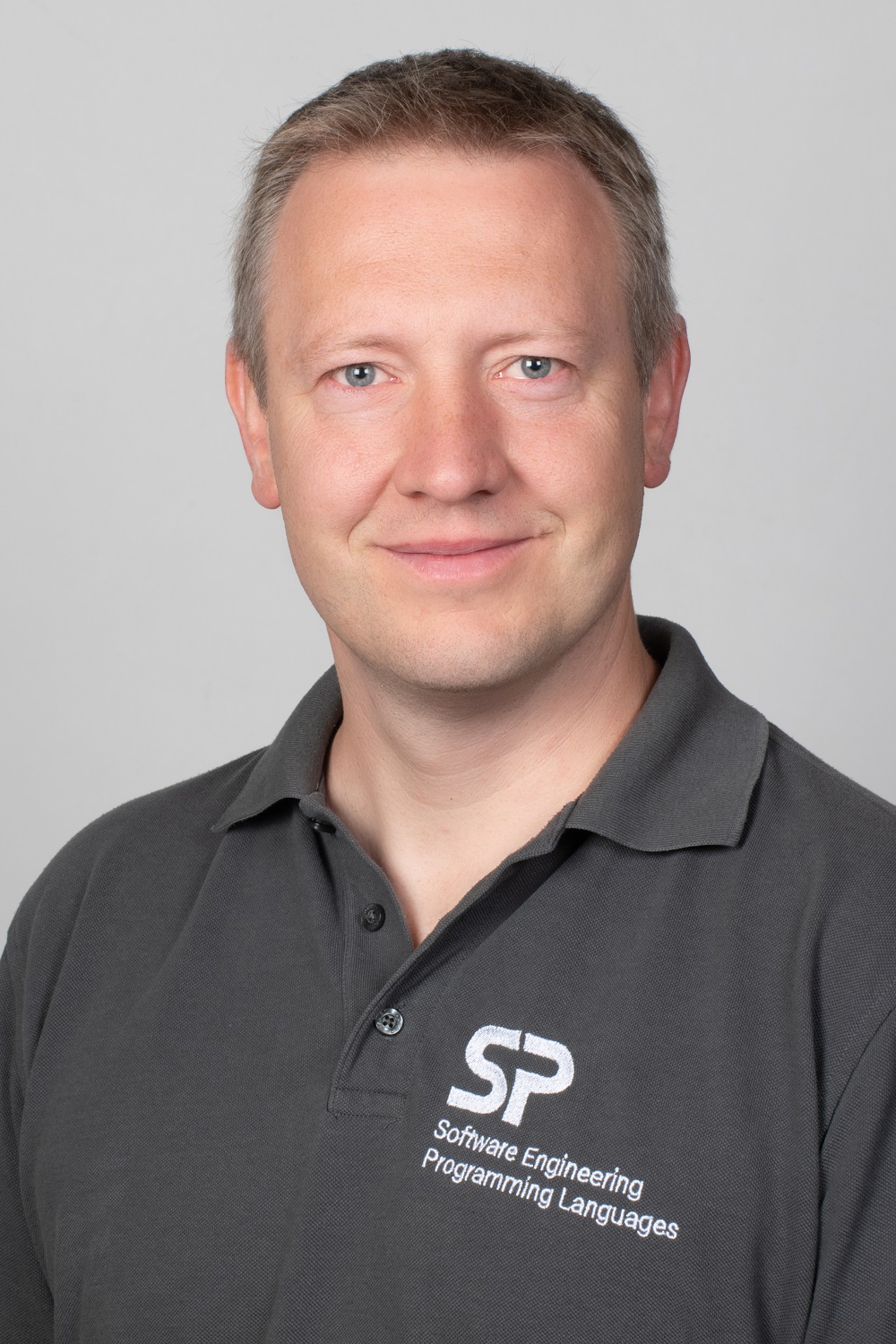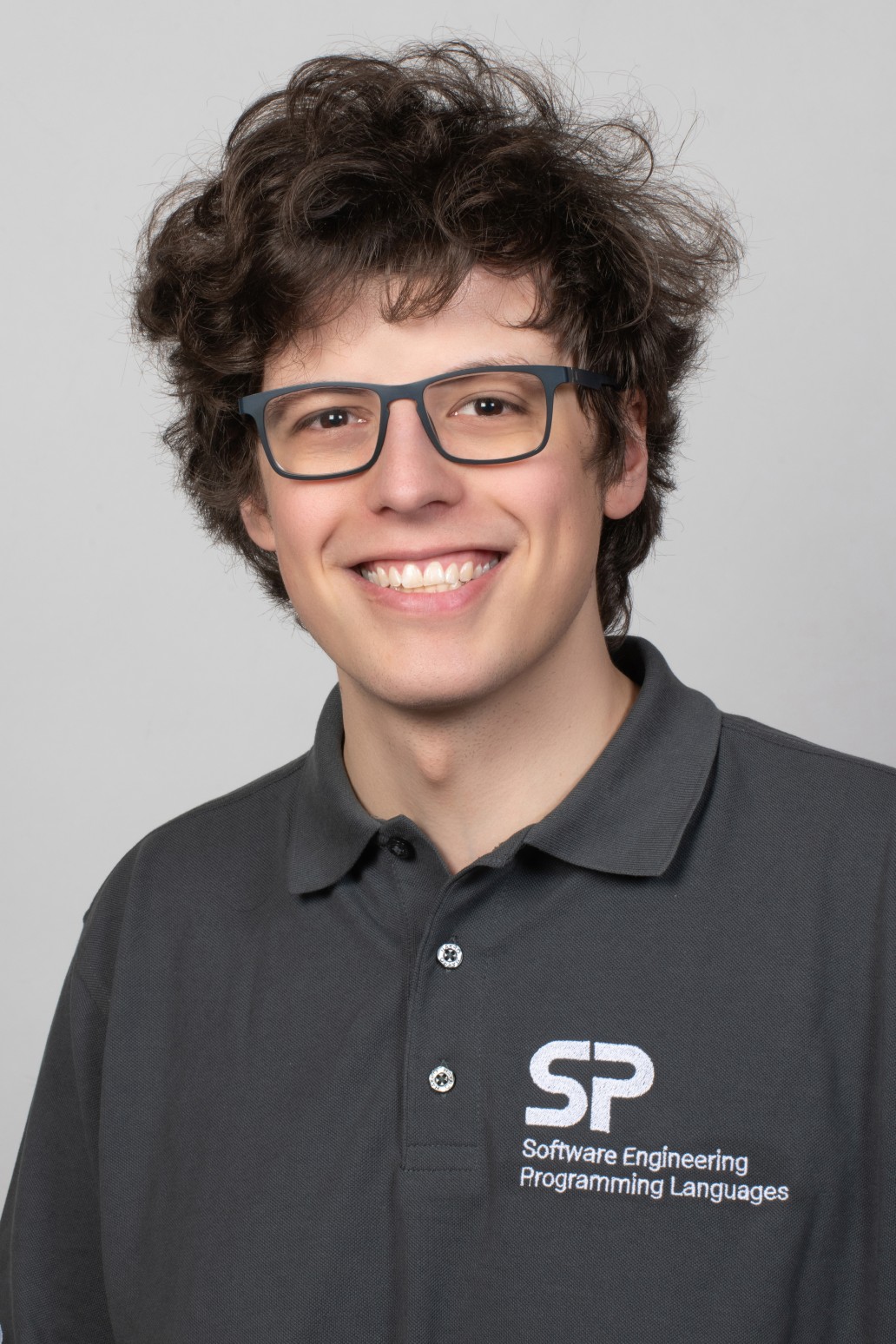Human-Centered Software Engineering Research Group
Institute of Software Engineering and Programming Languages,
Prof. Dr. Matthias Tichy
Institute of Software Engineering and Programming Languages,
Prof. Dr. Matthias Tichy
Software is ultimately developed for and by humans. Consequently, we – the Human-Centered Software Engineering Research Group – focus our software engineering research on supporting and empowering humans to drive the digital revolution.
We do this by aiming at reducing complexity, avoiding defects, and improving developer resp. user experience. We realize this by developing domain-specific languages, quality assurance techniques, and innovative tools. To ensure high-quality research, we apply incremental/iterative design science research to arrive at evaluated solutions and empirical research methods to systematically identify research opportunities and properly show the benefits of our research results. Our research targets embedded systems, particularly automotive software, self-adaptive systems, and software in general as application areas.
![[Translate to English:] Matthias Tichy](/fileadmin/website_uni_ulm/iui.inst.170/bilder/personen/HOMEPAGEBILDER__neu_/homepagebilder_-_kleiner_groesse/DSC_0347_Tichy.jpg)



Integrated Safety and Security Engineering of Self-Adaptive Systems.
Data-Driven Search and Analysis of Research Software
| DOI: | 10.1109/MODELS-C59198.2023.00152 |
| DOI: | 10.1016/j.jss.2023.111716 |
| DOI: | 10.1016/j.cola.2023.101221 |
| DOI: | 10.5381/jot.2023.22.2.a2 |
| DOI: | 10.1145/3578245.3585029 |
| DOI: | 10.1145/3578244.3583727 |
| DOI: | 10.1109/VISSOFT55257.2022.00018 |
| DOI: | 10.1007/s10664-022-10194-7 |
| File: | http://ceur-ws.org/Vol-3250/fpvmpaper1.pdf |
| DOI: | 10.1007/s10270-022-01010-3 |